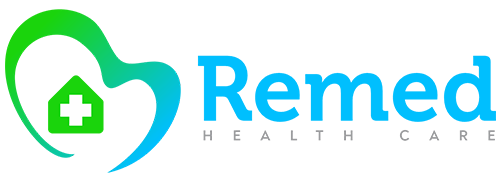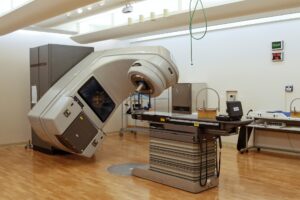Emergency? Call 07048000275
The Dangers of Self-Medication: A Look at its Impact on Health and Well-being
Introduction
Self-medication, the practice of treating minor ailments or symptoms without seeking professional medical advice, has become increasingly prevalent in today’s society. With the abundance of over-the-counter medications and easily accessible information online, people often resort to self-medication as a quick and convenient solution. While it might seem like a harmless approach, the practice can have serious consequences on an individual’s health and well-being. This article delves into the effects of self-medication, shedding light on the potential dangers and highlighting the importance of responsible healthcare choices.
The Prevalence of Self-Medication:
The allure of self-medication lies in its apparent convenience. Over-the-counter drugs, herbal remedies, and online advice forums provide readily available options to treat common ailments like headaches, colds, allergies, and minor pains. In addition, self-diagnosis via the internet may lead people to believe they understand their health issues better, emboldening them to self-prescribe treatments.
The impact on Health:
While self-medication may seem like a quick fix, it carries inherent risks that should not be ignored. Some key negative effects include:
Delayed Diagnosis: By self-medicating, individuals may mask symptoms of underlying, potentially serious conditions. This delay in seeking professional medical attention can lead to further complications and make treatment more challenging.
Incorrect Dosage and Administration: Self-medication often involves guesswork, leading to improper dosages and administration methods. This can result in adverse reactions, drug interactions, or even drug resistance, compromising the effectiveness of treatments.
Misdiagnosis and Mismanagement: Laypersons may misdiagnose their conditions, assuming they have a particular ailment when, in fact, their symptoms could be indicative of something entirely different. This can lead to inappropriate treatment, exacerbating the underlying issue.
Addiction and Dependency: Some over-the-counter medications, such as painkillers or sleeping aids, can be habit-forming when not used as directed by healthcare professionals. Regular self-medication can lead to addiction and dependency, causing further harm to physical and mental health.
Allergic Reactions and Side Effects: Without proper medical guidance, individuals may not be aware of potential allergies or side effects associated with certain medications. This can result in severe allergic reactions or unwanted complications.
The Psychological Impact
Beyond the physical consequences, self-medication can also have a psychological impact on individuals. The sense of control and empowerment that comes from self-diagnosis and treatment might lead to overconfidence in managing more severe medical issues. This false sense of security may deter individuals from seeking professional help when necessary, further worsening their condition.
Promoting Responsible Healthcare Choices
While self-medication is not always inherently wrong, it must be approached responsibly. Here are some key steps to ensure that healthcare decisions are made wisely:
Seek Professional Advice: For any health concern, it is essential to consult a qualified healthcare professional. A doctor or pharmacist can provide accurate diagnoses and recommend appropriate treatments tailored to an individual’s specific needs.
Educate Yourself: Instead of relying solely on internet searches, seek information from reputable sources. Understand the potential risks and benefits of any medication or treatment before using it.
Follow Prescribed Regimens: If a healthcare professional prescribes medication, adhere strictly to the prescribed dosage and treatment plan. Avoid self-adjusting doses or stopping medications abruptly without consulting your healthcare provider.
Maintain Open Communication: Be open and honest with your healthcare provider about any self-medication practices you might have engaged in. This information will help them make better-informed decisions about your health.
Conclusion
While self-medication might offer temporary relief for minor ailments, its long-term consequences can be detrimental to health and well-being. The risks of misdiagnosis, incorrect dosages, and potential dependencies underscore the importance of seeking professional medical advice. By promoting responsible healthcare choices, individuals can safeguard their health and make informed decisions to ensure a better quality of life. Remember, when it comes to health, it’s always better to be safe than sorry.



